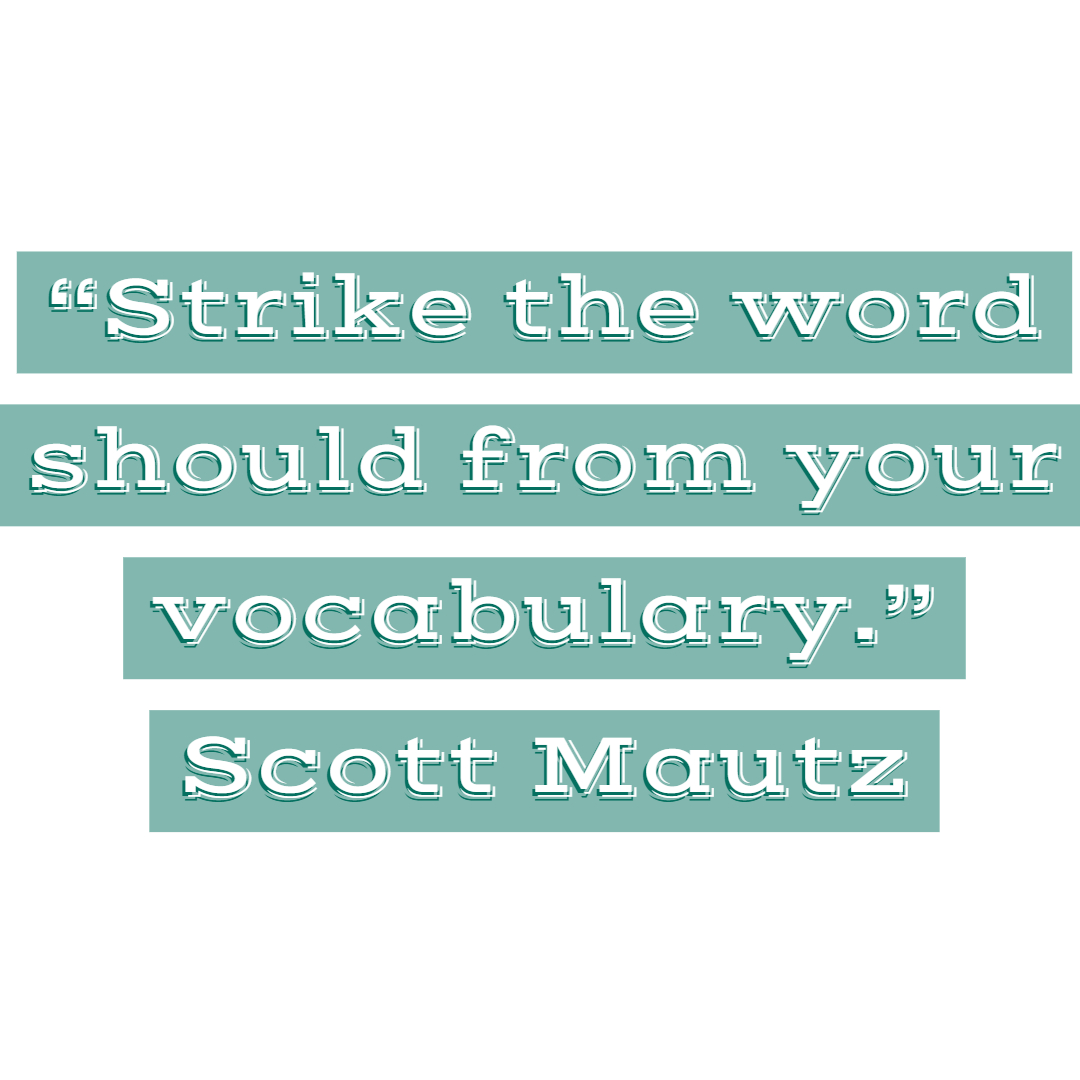
Have you ever felt the “SHOULD’S & HAVE TO” Syndrome?
I should do it this way.
I should always answer, right.
I should be smart.
I should not make a fool of myself by asking.
You have to do it, that’s the only way.
A large part of our critical self-talk, which emerges from this thought process, is called SHOULD & HAVE TO syndrome. We imbibe this because while growing up, our parents, family, society, institutes, teachers, culture are continually telling us what
SHOULD be done.
It comes as a command, a decree, my way or highway.
Hence it HAS TO be obeyed at all cost.
Let’s do a little exercise.
Close your eyes and say to yourself
Say it in a tone or manner similar to how you say to yourself or your parents might have told you or how you say to your children.
I should, .. I should, .. I should, .. I should, .. I should, ..”.
Check how does this make you feel?
Check if it makes you feel scarcity or abundance?
Check if it adds tension or motivates you?
Check if it is increasing or diminishing feeling?
Check if you are comparing yourself with others?
So we what do you think a child feels when we say to the child, “You should finish your homework fast.”
Now assume that the child does not want to do so, or is not able to do so:
Either way, the child will keep saying inside himself,
“I should, I should..”
Then, we attach threat, cheers, applaud, punishment, or reward if he does what we say.
So now child connects his SHOULD with the result and emotional approval or disapproval, he gets.
And the cycle continues, and we grow with SHOULD & HAVE TO syndrome which not only brings stress but also robs us of our feelings, fun, engagement with the task in hand.
Conscious Parenting approach:
Replace all your SHOULDs with COULDs.
“You could finish your homework fast.
You could say thank you to uncle” etc.
It not only helps to build a bond with the child but also makes him more aware of his emotions.
Consider opening a dialogue, encouraging him to share his opinions and then discovering a solution which child figures out based on natural consequences of not finishing homework.


Comments are closed.